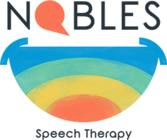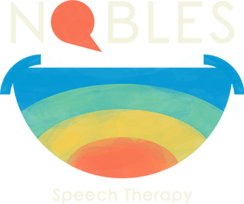Share this page:
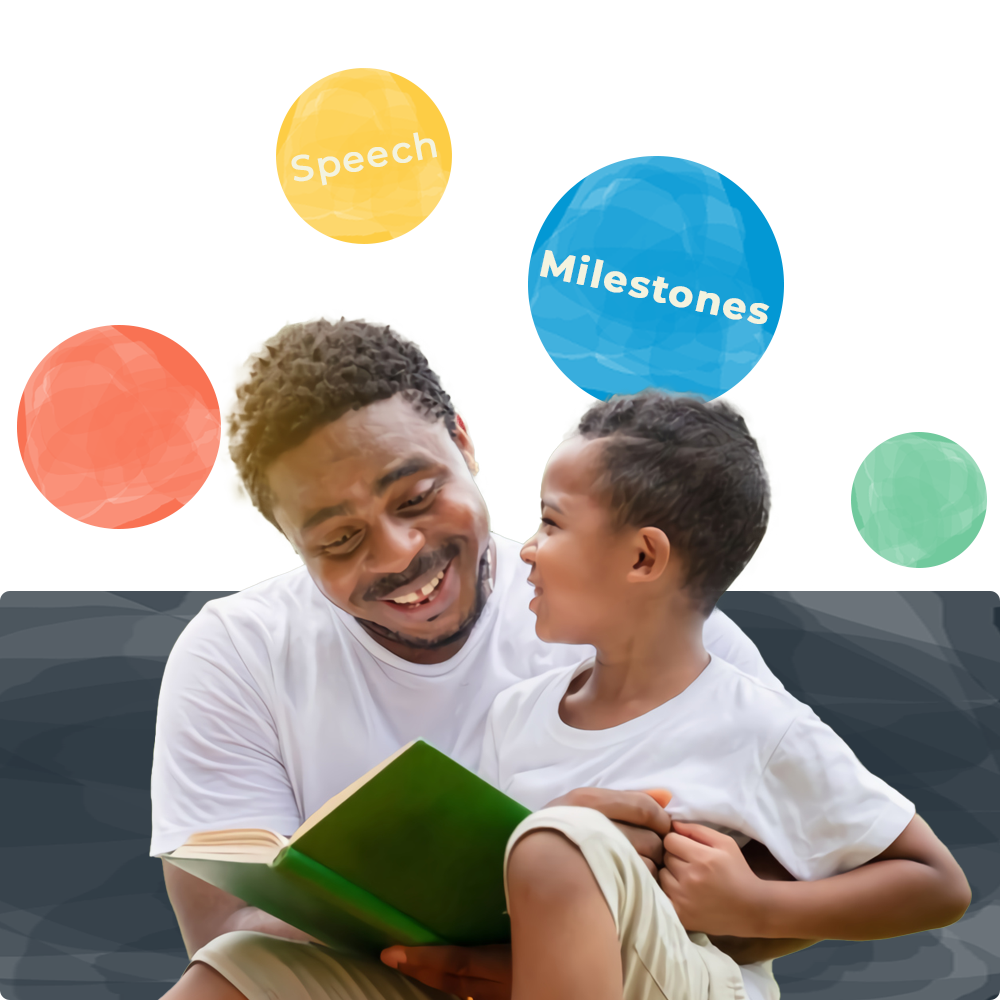
Saying their first words marks a significant milestone in your child's growth and development. Learning more words and developing language skills will help them to express thoughts, feelings, and needs. At the same time, it's perfectly normal if their speech is not on par with children of the same age. Yet, you may worry whether they will catch up to their peers or feel frustrated not knowing how to help your child.
Like every child, your child is unique, and so is the pace at which they learn to speak and articulate themselves. This starter guide is intended to provide valuable insights on speech development milestones for children.
If you still have concerns, you can speak with a speech-language pathologist and find out whether your child can benefit from speech delay therapy.
Your child should say their first word by their first birthday and steadily continue to acquire
speech and language skills. However, cries, smiles, gestures, and babbles between birth to age 1 are all signs of communication and a part of speech and language development.
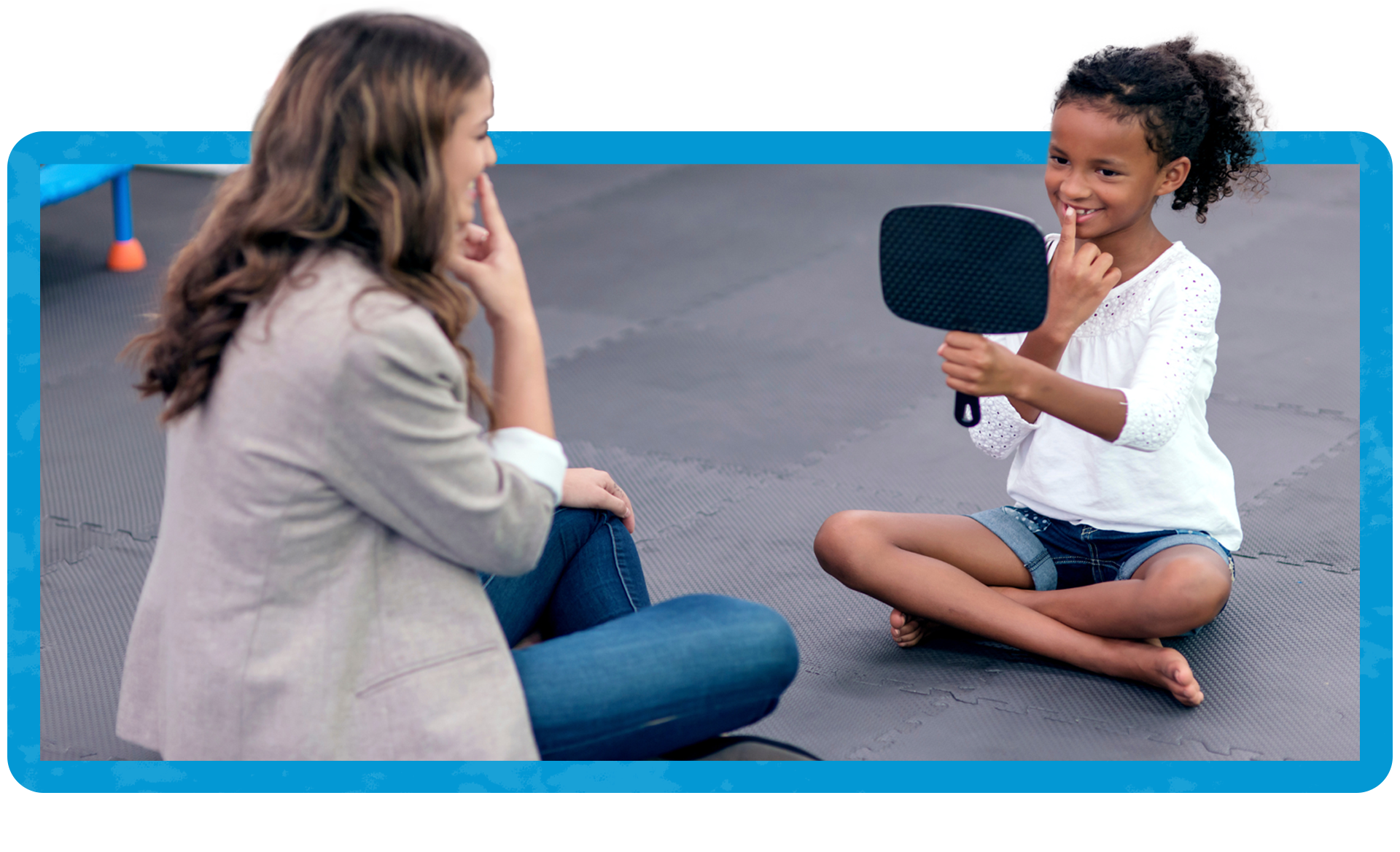
What Are the Stages of Speech Development?
Speech generally refers to the verbal expression of language. Children develop speech and language in stages, also called milestones, and reach milestones at different ages. Various factors influence how quickly your child starts speaking (expressive language) and understanding language (receptive language ). The level of exposure to speech, sights, and sounds in their environment is key to speech development and language skills.
The following is a general age-related guideline for speech and language development milestones from birth to five years old. It's divided into the prelinguistic stage (0-5 months) and linguistic stage (6 months to 5 years) and can help you get a feel of your child's progress.
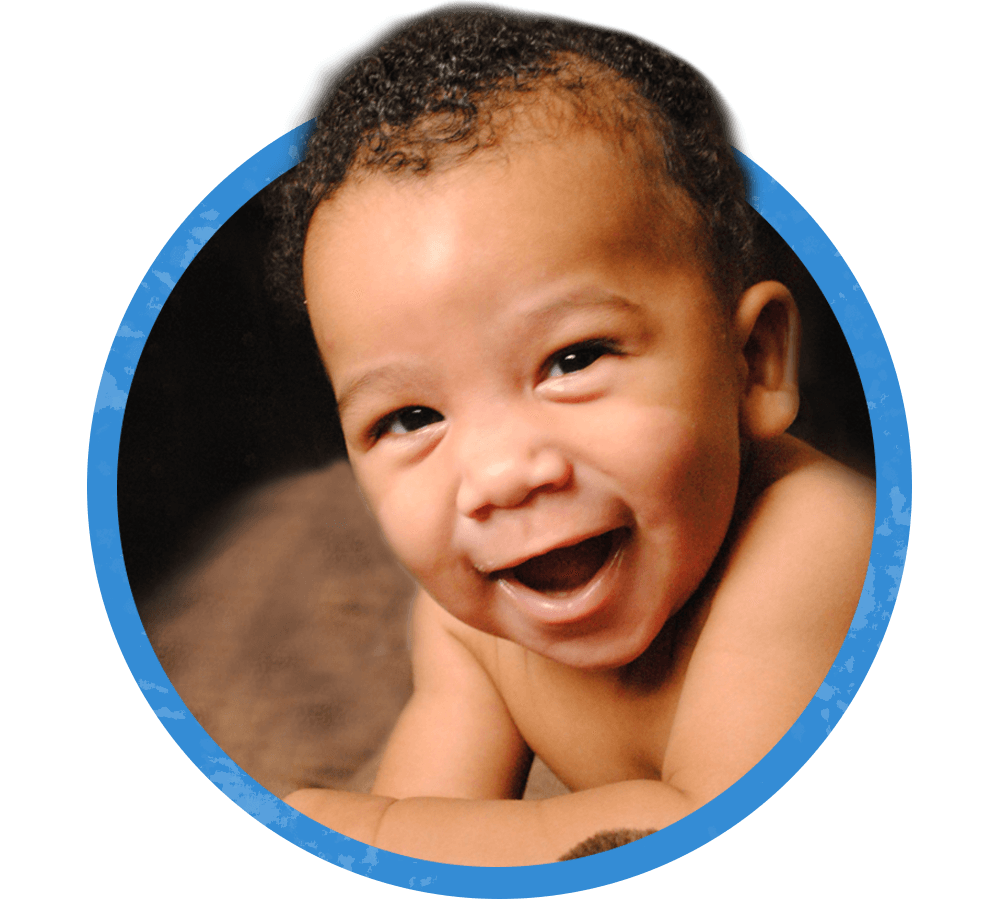
Stage 1. Pre-Language Stage (Birth to 5 months)
- Your child should use smiles, cries, and coos to communicate pleasure, displeasure, and distress.
- Responds with noise when spoken to.

Stage 2. Babbling to One-Word Stage (6-12 months)
- Should be able to repeatedly say consonant" "words," like "ma," "ba," and "da"
- Begins to recognize your (or caregivers) voice, facial expressions, and names of objects
- Can respond to or repeat your sounds
- Understands "no" and simple instructions like "come"
- Says their first one-syllable word, e.g., "no," or "go" by 12 months

Stage 3. Multi-Word Stage (12-24 months)
- Has about 4-7 words in their vocabulary
- Can speak in two-word sentences, e.g., "Thank you"
- Able to answer simple questions non-verbally
- Tries to repeat simple words you say, but words aren't entirely clear
- Should have the ability to use 2 to 3 words to label people and objects
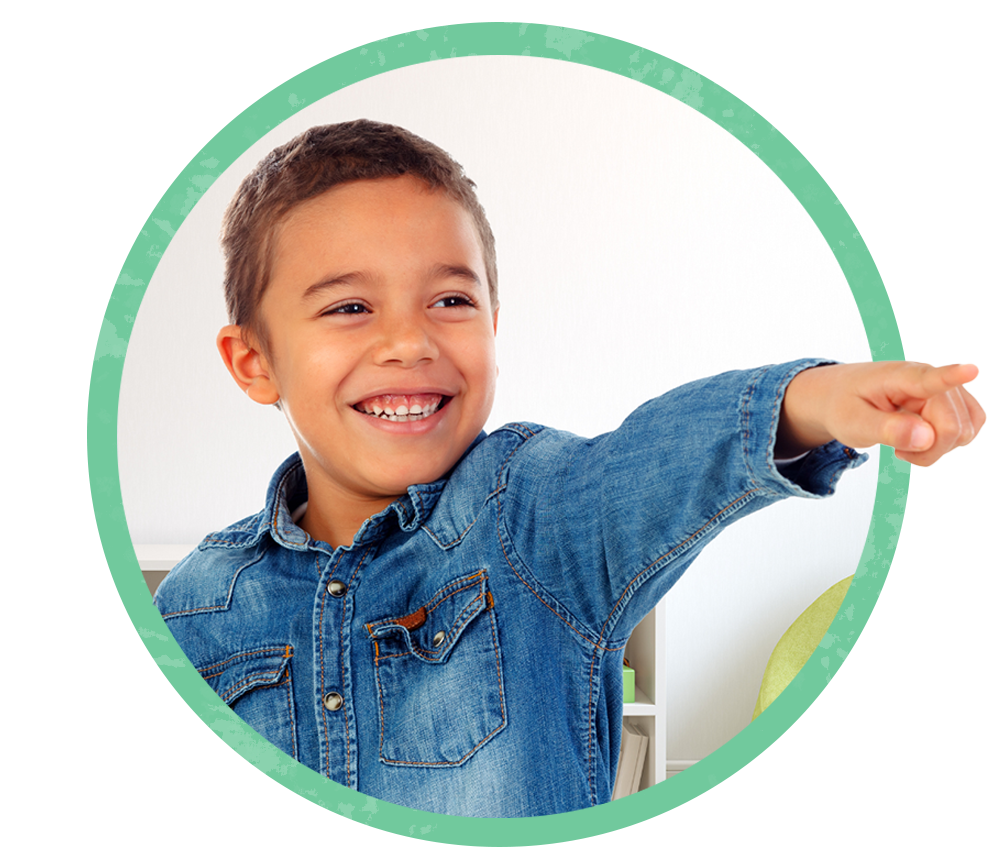
Stage 4: (2-3 years)
- Speech is becoming clearer and more accurate
- Uses 3-word sentences or phrases
- Leaves out end sounds in words or words in sentences, e.g., "I see a ball," repeated as "See ball"
- Strangers may not quite yet understand what they're saying
- Begins to use plurals, e.g., "shoes," pronouns, e.g., "me," and prepositions, e.g., "on"
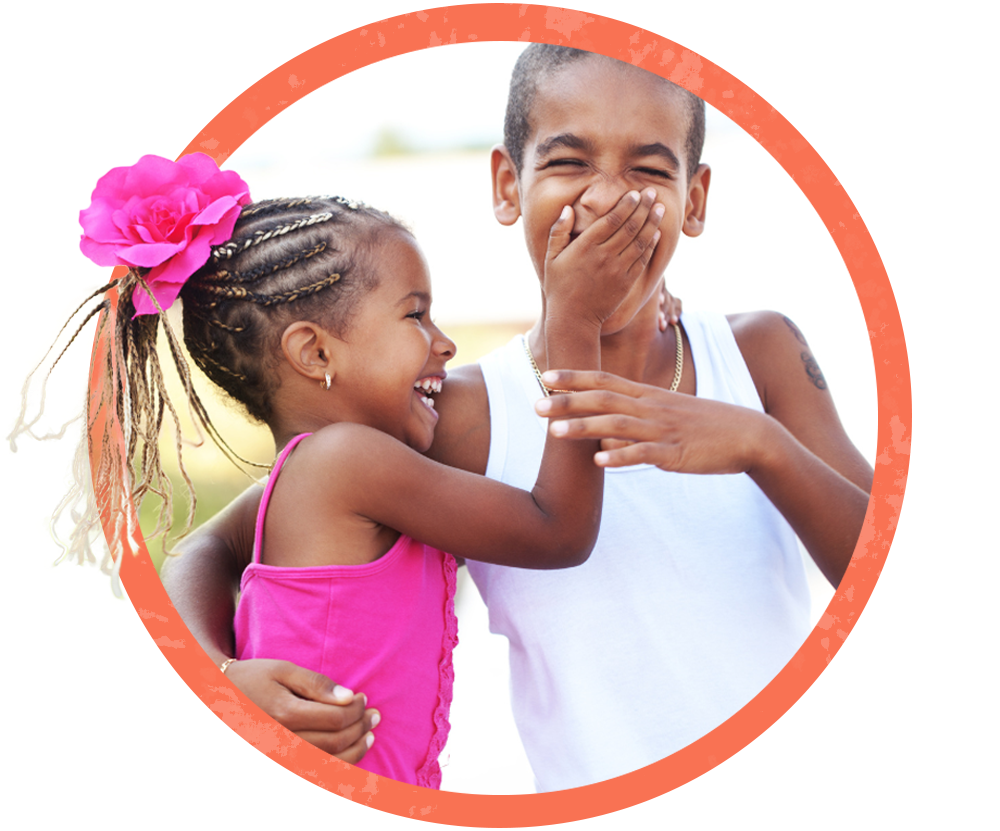
Stage 5: (3-4 years)
- Can use "ing" words, e.g., "talking"
- Able to properly use most speech sounds and consonants
- Strangers can understand them much more
- Able to express ideas and feelings
- Can group objects, identify colors, and repeat simple sentences

Stage 6: (4-5 years)
- Most people can understand their speech
- Understands complex and "why" questions
- Difficulty pronouncing complex words, e.g., "hippopotamus"
- Can use a few irregular past tense verbs, such as "ran" and "saw"
Your child may not follow the exact sequence above. Also, the rate at which your child reaches each milestone will vary from their peers. Nevertheless, the milestones guideline helps doctors and speech-language pathologists (SLPs) determine if your child is on track. If not, they may recommend therapy for
speech delay as a solution.
Help Your Child Achieve Their Milestones and Their Potential
If you're in Maryland and suspect your child is experiencing speech delays, we invite you to learn more about the speech delay programs at Nobles Speech Therapy, LLC. Our programs are designed to help your child reach their full speech and language potential.

